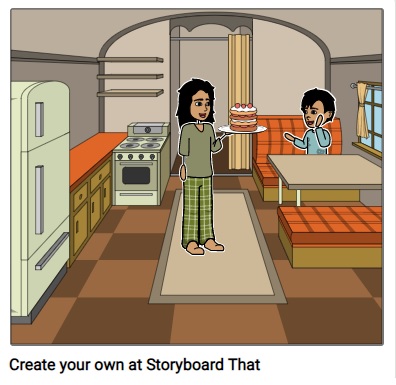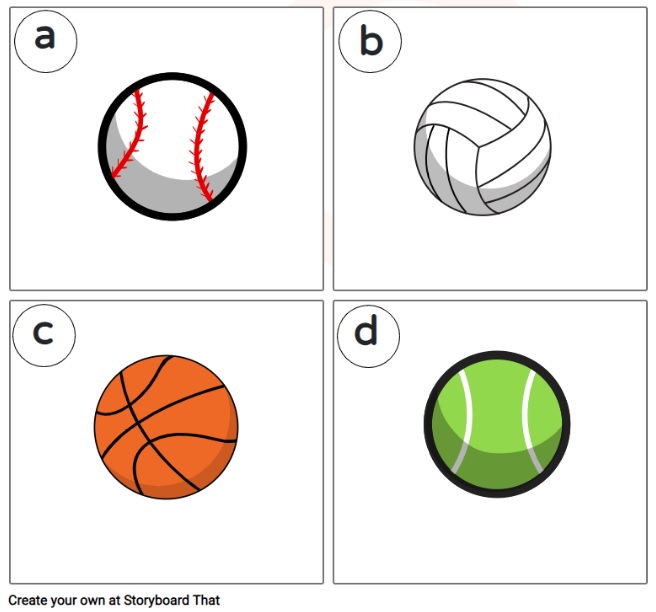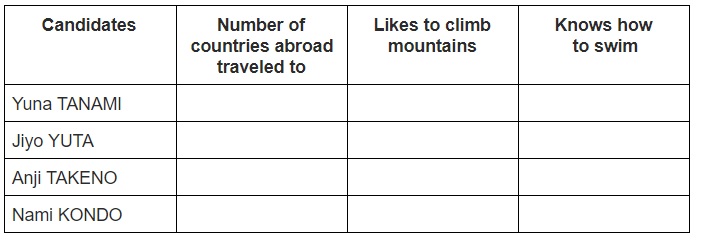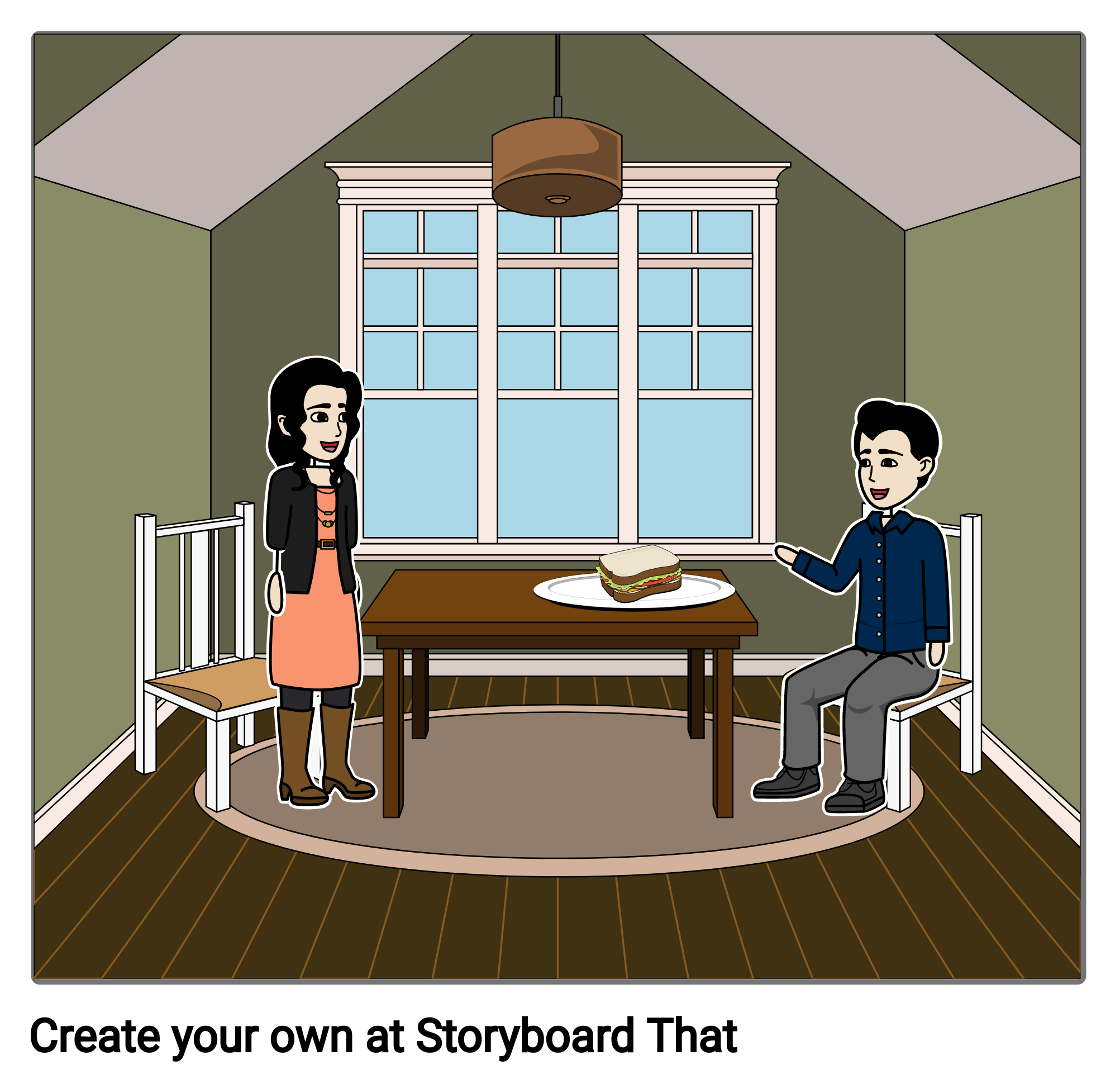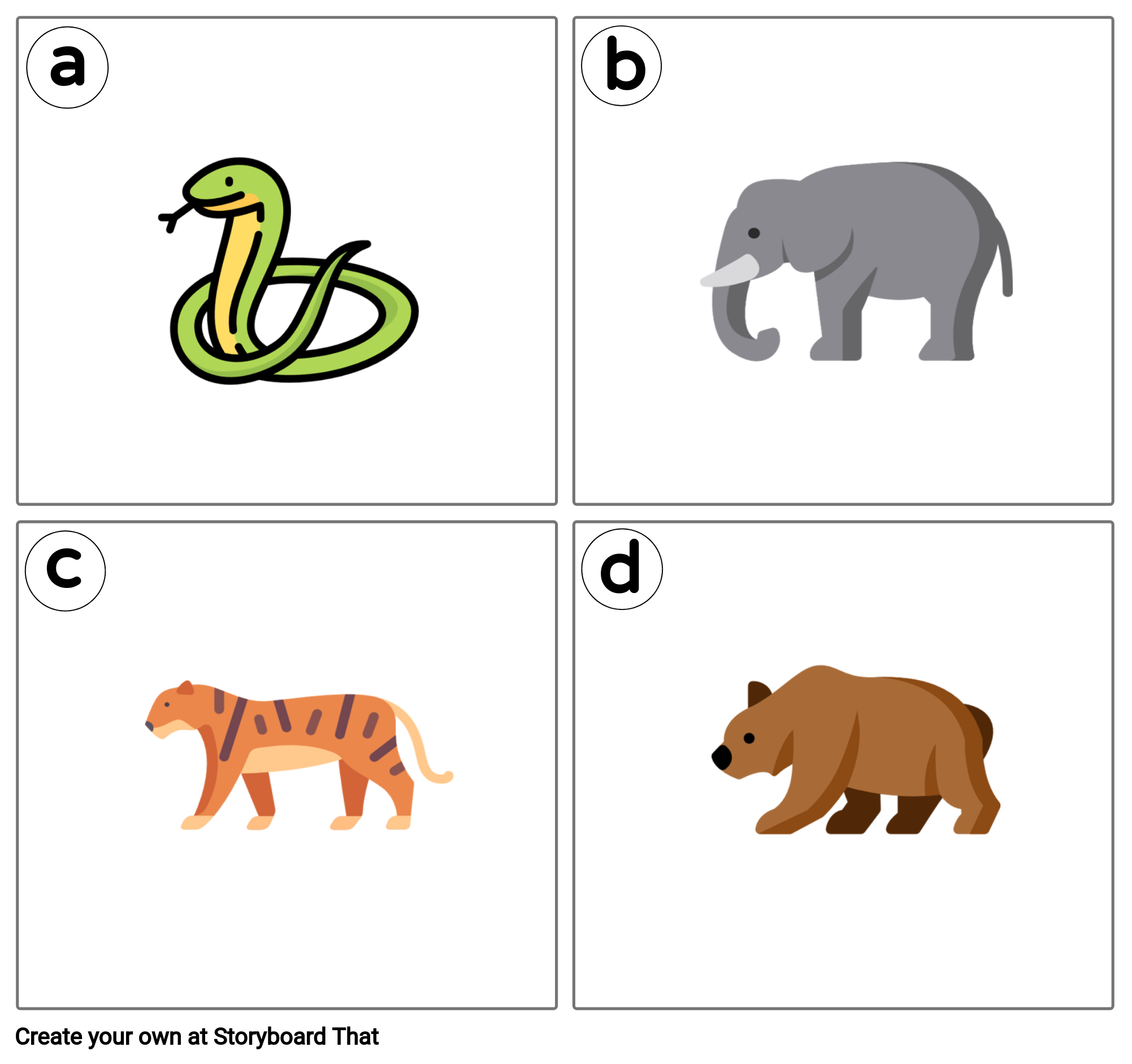In this material, you will learn the difference between the /ʊ/ sound and the /uː/ sound, and practice pronouncing and listening to them.
唇を小さく丸めて突き出し、あごを上げて発音しながら舌の先を引っ込めます。
2. /uː/の音
唇を小さく丸めて突き出し、あごを上げて発音します。
| /ʊ/ sound |
1. put 2. book 3. foot 4. push 5. full 6. cook 7. should |
| /uː/sound |
1. who 2. choose 3. rule 4. school 5. group 6. two 7. view |
| 1. | Put all items in the basket. |
| 2. | What kind of books do you enjoy reading? |
| 3. | I go to the market on foot. |
| 4. | Don’t push the door. |
| 5. | I don’t think I can eat any more, I’m full. |
| 6. | My father is an excellent cook. |
| 7. | What should we do this weekend? |
| 1. | Do you know who took my bag? |
| 2. | You can choose from these colors. |
| 3. | There’s an exception to that rule. |
| 4. | How do you go to school? |
| 5. | The group leader handles ten people. |
| 6. | Two of them were not able to attend the party. |
| 7. | We all understood her point of view. |
Then, answer which words he/she was reading.
その後、選択肢の中から、読み上げられた単語がどちらだったか答えましょう。
b. pool
b. cooed
| Grammar 文法 |
Pronunciation 発音 | Vocabulary 単語 |
Comprehension 理解 |
|
|---|---|---|---|---|
 GOOD GOOD |
文法の誤りはほとんどなく、完全な文章で話すことができる | ほとんどの単語をはっきりと正しく発音することができる | 習った表現を適切に使うことができる | 文章を理解し、質問に正しく答えることができる |
 FAIR |
文法の誤りはあるが、完全な文章で話すことができる | 発音の練習が必要な言葉がいくつかある | たまにミスはあるが、習った表現を適切に使うことができる | 文章を完全に理解するのは難しく、質問に正しく答えられないときもある |
 POOR |
文章で話すのは難しく、単語だけで話すことができる | 発音の練習が必要である | 習った単語と表現を少しだけ使うことができる | 文章を理解するのは難しく、質問に答えるのは難しい |


